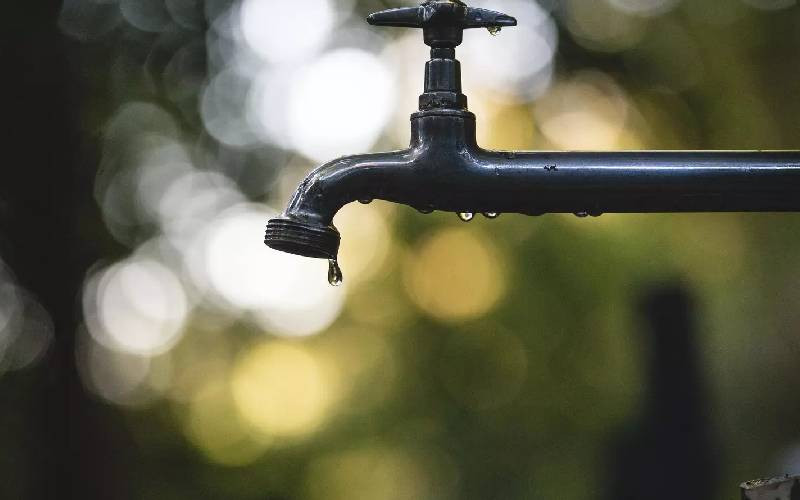×
The Standard e-Paper
Stay Informed, Even Offline

We can't live without water, but it's a finite resource whose supply we've been taking for granted - and times have changed.
Since the late 1970s, when the last Water Conference took place, the world has been focused on the business of rapid growth and development. Water was available, and its quality and supply was predictable, allowing us to raise families, build cities and factories, prevent the spread of disease, boost farm yields and bring more land under cultivation.